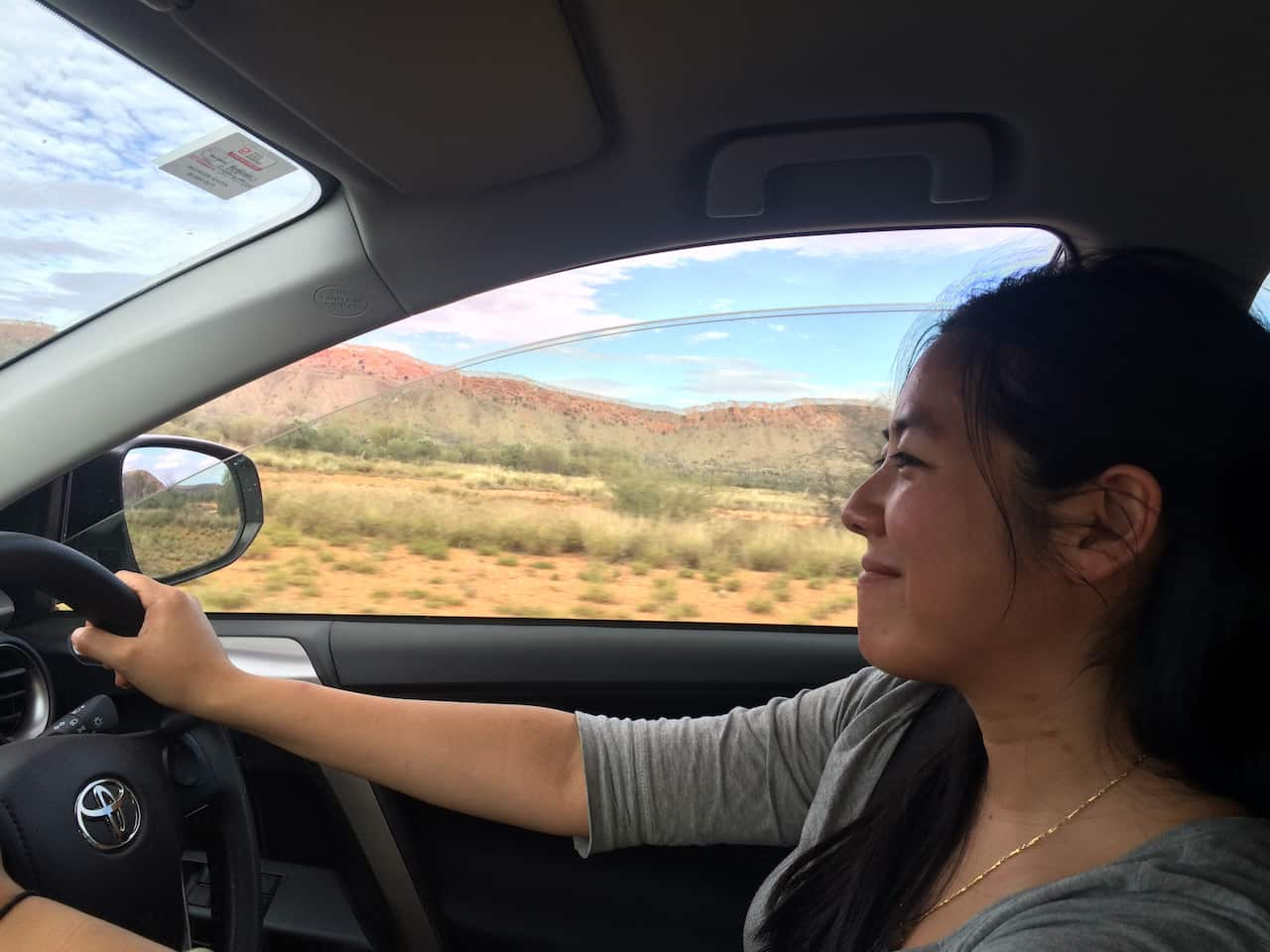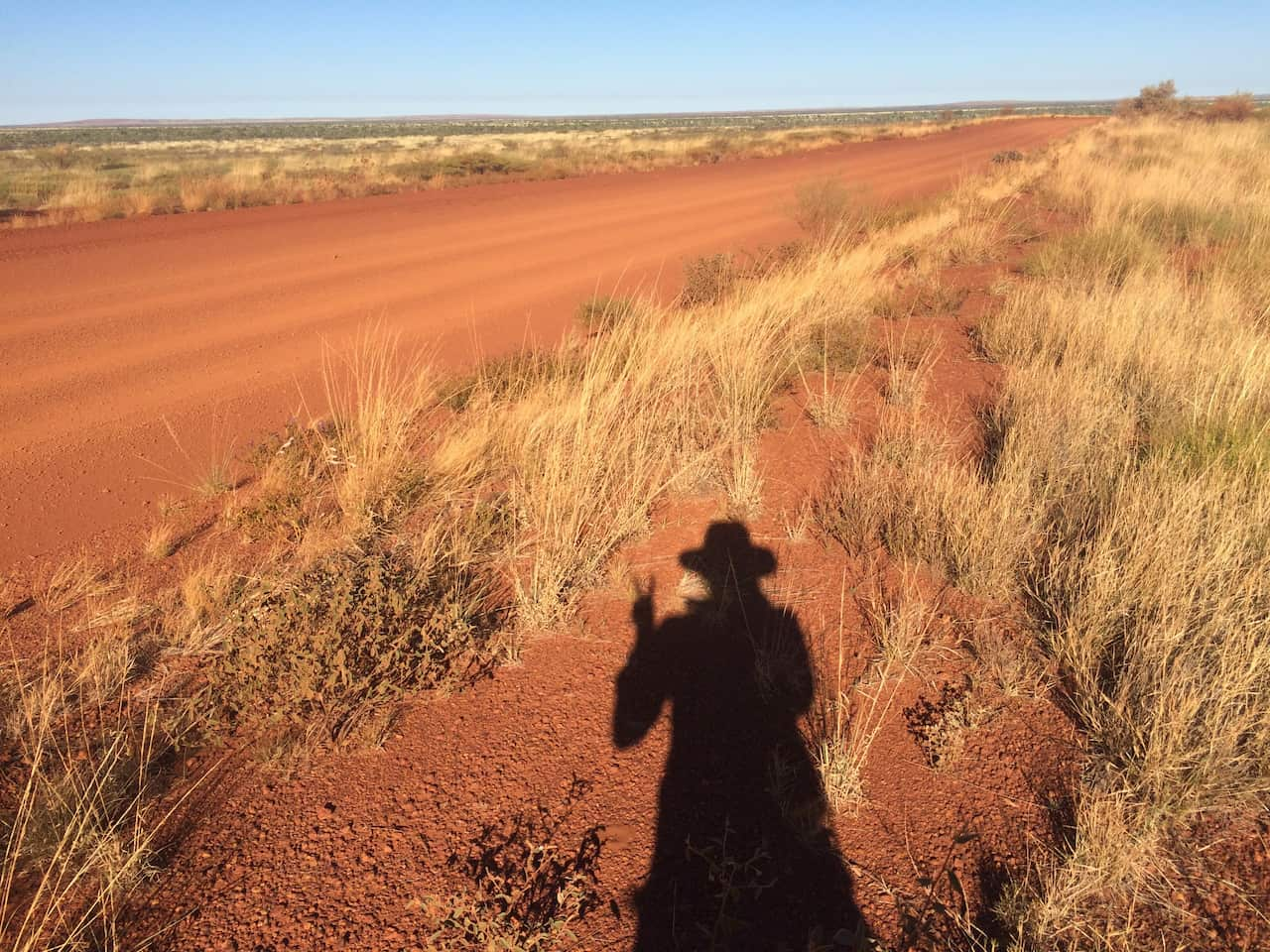One of many small and weird anecdotes I collected on my six month solo-road trip around Australia came from an elderly, third-generation Chinese Australian. He wore a rabbit-fur Akubra and lived on a rarely-frequented detour off the Sturt Highway. He told me his maternal grandmother was born in the region in the 1890s and had never learned to speak English.
Now I’m accustomed to Chinese people in Australia who can’t speak English – after all, my own grandmother who migrated here in the 1980s belongs in that category. But not Australian-born Chinese people, like me and my friends. The fact that this long-dead woman had been born, lived and died in Australia without so much as a “g’day” dropping from your lips sort of broke my brain. It was testament to how strong the Chinese presence was back then in the Top End of Australia. Figures point at Chinese residents outnumbering European at least four to one. The town’s butcher, the baker, and candlestick maker were all Chinese, and back then Cantonese or some other Chinese dialect was probably more useful than English.
At the time I didn’t know how to make sense of that story. It felt incongruous with my understanding of Australia: an odd, stray off-cut that you stick in a bottom drawer somewhere. As I journeyed–through the gloomy, windswept hills of South Australia, the country’s dry, red heart, the croc-infested north–these strange tidbits I kept collecting seemed not to belong to any Australia I was familiar with: in Broome I heard of bygone era Indigenous Australian pearlers who could speak Japanese as much of the year was spent at sea with fellow “saltwater cowboys” from Japan; there is a still-standing mosque in Adelaide that was erected in 1889 to cater for Muslim cameleers and traders; pre-Federation, a group of gutsy, city-based, female intellectuals would lead the global charge for women’s suffrage.
As I journeyed–through the gloomy, windswept hills of South Australia, the country’s dry, red heart, the croc-infested north–these strange tidbits I kept collecting seemed not to belong to any Australia I was familiar with: in Broome I heard of bygone era Indigenous Australian pearlers who could speak Japanese as much of the year was spent at sea with fellow “saltwater cowboys” from Japan; there is a still-standing mosque in Adelaide that was erected in 1889 to cater for Muslim cameleers and traders; pre-Federation, a group of gutsy, city-based, female intellectuals would lead the global charge for women’s suffrage.

"I had no doubt that as a Chinese Australian woman on my own in the Outback, I was a strange sight to behold." Source: Supplied
I had grown up in Sydney with a very different understanding of who this country is. If the nation was a puzzle box, the picture on the cover was of a fair-skinned, blue-eyed pioneer crouched over a boiling billy and a horse grazing nearby. Or perhaps there are other powerful mythologies you might recognise: the downtrodden Drover’s Wife, the loyal and brave digger, the sun bronzed lifesaver and cheeky, beer-swilling larrikin.
I had no doubt that as a Chinese Australian woman on my own in the Outback, I was a strange sight to behold. In fact, I have always been supremely weirded out by myself and conscious of the cognitive dissonance I conjure. During the four years I lived in China in my late-20s, jaws were always dropping when, from my otherwise Chinese lips, came such heavily-accented, flawed Mandarin.
Even growing up in Sydney in the 1980s and 90s, I found the concept of Australian-born Chinese (or ABCs, as we term ourselves) odd. All the ABCs I knew were of my generation, with our Chinese parents and grandparents migrating here post-White Australia Policy. Meeting an ABC significantly older than me was so unusual that I still remember the first time it happened. He was a postal worker in his 40s, who looked Chinese yet spoke with an entirely Australian accent. Seven-year-old me was overcome with impending doom that I should find this man, ostensibly the future me, so freakish.
That said, traveling to the Top End and meeting so many older ABCs–all sporting broad Aussie accents–has made me feel more comfortable with the vision of myself as a Chinese amah, cracking open a cold stubby, with a three-tonne LandCruiser parked in the driveway. As a progressive Chinese Australian woman hailing from the big smoke, I felt myself a million miles from your “ordinary Australian”. But over the 30,000km I journeyed through the Outback, encounters with the reality of our history kept telling me otherwise: in Gulgong, NSW I learned of suffragette Louisa Lawson and how Australia was one of the first in the world to give white women the vote; Australia has been one of the most urbanised countries in the world since Federation; Australia has been multicultural as long as it has been colonial.
As a progressive Chinese Australian woman hailing from the big smoke, I felt myself a million miles from your “ordinary Australian”. But over the 30,000km I journeyed through the Outback, encounters with the reality of our history kept telling me otherwise: in Gulgong, NSW I learned of suffragette Louisa Lawson and how Australia was one of the first in the world to give white women the vote; Australia has been one of the most urbanised countries in the world since Federation; Australia has been multicultural as long as it has been colonial.

Monica Tan spent six months driving around Australia solo. Source: Supplied
Eventually this collection of odd pieces grew so numerous that patterns began to appear and pieces locked together. A new picture of Australia emerged; one much richer, more complex and more diverse, than the one dominating our national storytelling.
This trip changed my life forever. It inspired me to write a book to share this revised picture I have of our country with my fellow Australians.
Ours is the story of Indigenous Australia’s bewilderingly long occupation of the land, of two radically different cultures coming into contact for the first time, the unfolding tragedy as one attempts to subsume the other, and ultimately the survival of this land’s First Peoples. It is also “Project Australia”–a grand and always-contested experiment, as one of the most egalitarian, progressive, multicultural democracies in the world. How we fit such strange pieces together and unify the country with a truly inclusive national narrative is possibly Australia’s most important and difficult challenge.
Monica Tan is a Sydney author. Her book Stranger Country (Allen & Unwin) is available now.


